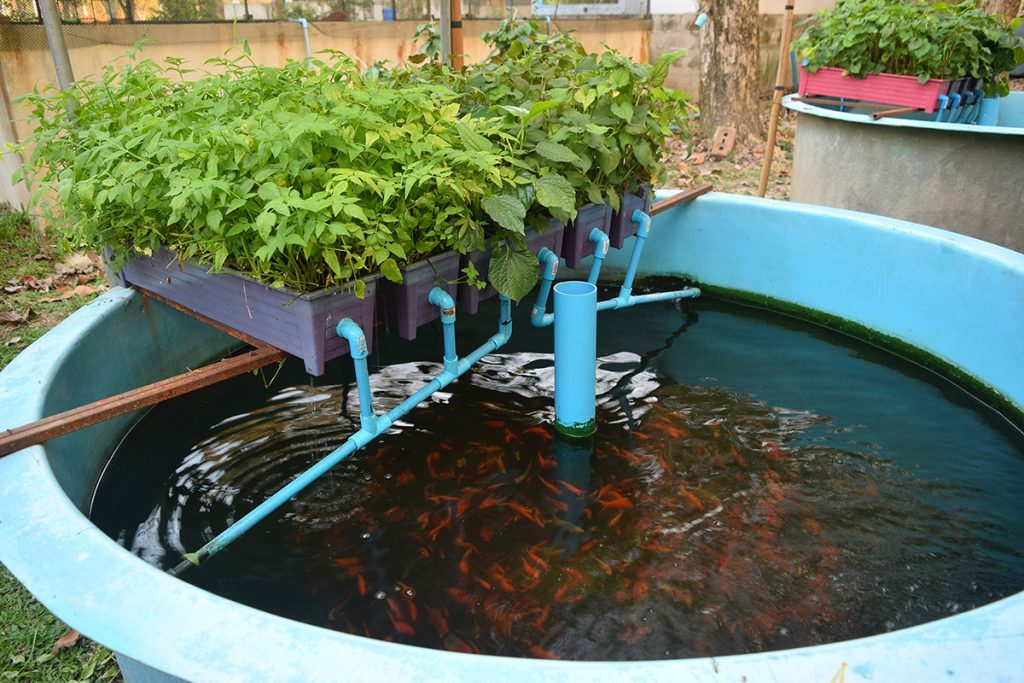UNAIR NEWS – The accumulation of organic matter, which causes high ammonia and total suspended solids (TSS), is an obstacle in intensive tilapia (Oreochromis niloticus ) farming. A popular scientific article on UNAIR NEWS by Prayogo, S.Pi., MP, explains that TSS and Ammonia that are too high can harm fish because they can cause hypoxia and damage gills, liver, and kidney tissue. Therefore, aquaponic systems are widely applied to reduce organic matter in fish farming.
In the article entitled “Utilization of Nitrosomonas sp and Nitrobacter sp probiotic towards total suspended solid and ammonia level in Nile tilapia culturing using the aquaponic system.” Prayogo explained that the optimum dosage in applying nitrifying bacteria probiotics, especially Nitrosomonas sp and Nitrobacter sp, to reduce organic matter in aquaponics, has not been found.
“In the aquaponic system, the presence of nitrifying bacteria is very important to convert organic matter into compounds that can be used for hydroponic plant growth, where the organic matter content affects the high TSS and Ammonia,” he said to UNAIR NEWS on December 31.
Based on the results obtained, the probiotic dosage of 1.5 and 2 mg/L showed the most effective results because they showed the lowest levels of TSS because the availability of nitrifying bacteria is able to decompose organic matter left over from feed and feces, which is a source of TSS in the nitrification process.
“The protein contained in the rest of the feed and the urea in the feces will undergo a deamination process into ammonia which will be hydrolyzed into ammonium which hydroponic plants can utilize,” he explained.
He continued that in the nitrification process, the availability of DO (dissolved oxygen) in the media determines the success of the decomposition of organic matter by bacteria. Therefore, in addition to probiotics, the provision of DO in the media must also be considered in the overhaul of organic matter.
“This happens because nitrifying bacteria are aerobic bacteria, where nitrifying bacteria need oxygen to oxidize ammonia to nitrate,” he said.
In the end, Prayogo explained that excessive dosage of the Nitrosomonas sp and Nitrobacter sp. probiotics could also reduce the effectiveness of decomposition because there will be competition for nutrients, especially DO, so that the nitrification process will not run optimally.
“Therefore, at a higher dosage (2 mg/L), the TSS and Ammonia values were higher than the 1.5 mg/L dosage,” he concluded. (*)
Author: Ivan Syahrial Abidin
Editor: Nuri Hermawan









